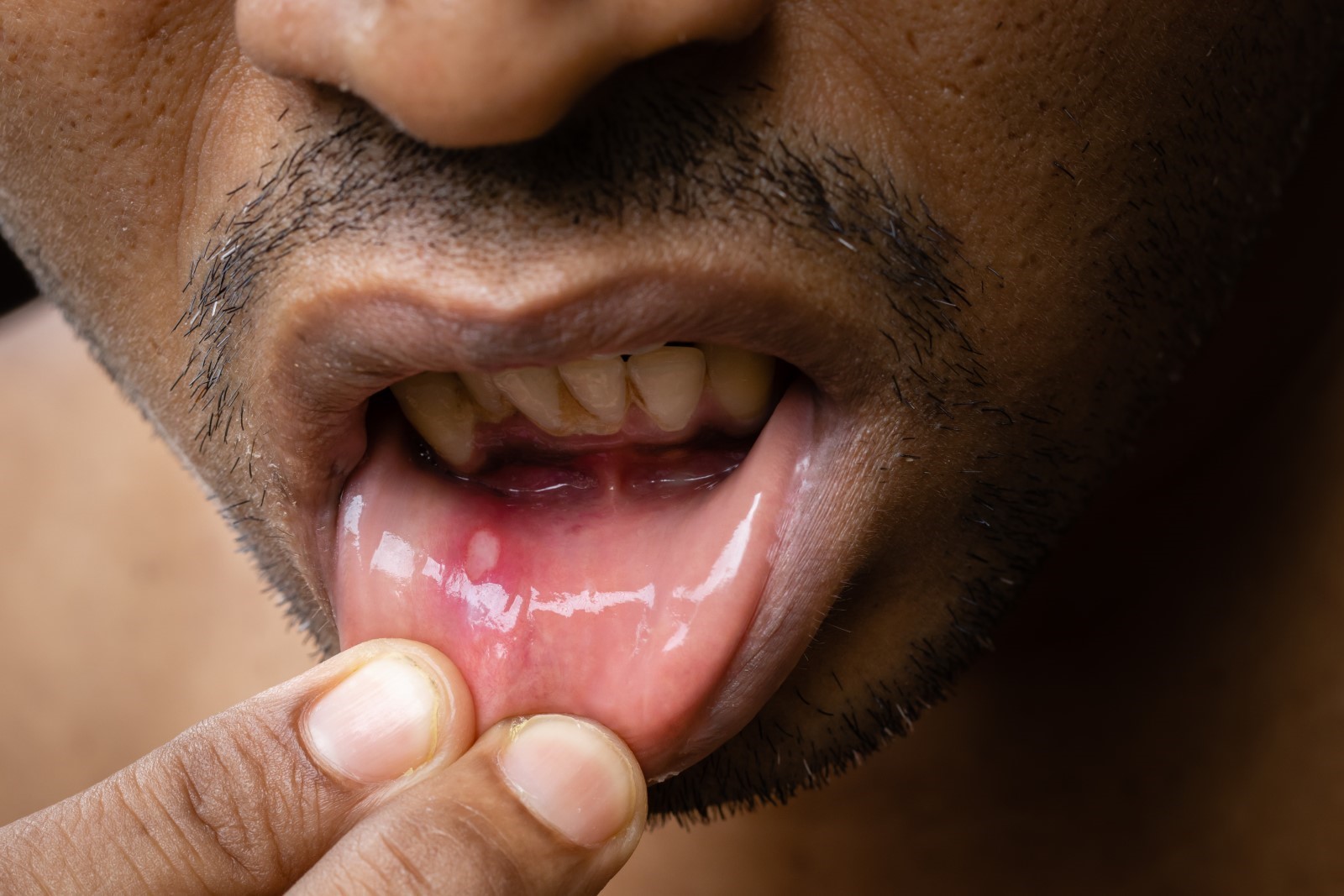Mouth ulcers can disrupt daily life with their pesky, painful nature. These small lesions often appear inside the mouth, causing discomfort while eating or talking. Understanding what causes mouth ulcers and how to heal them quickly can bring relief and prevent future occurrences. This blog offers insight into their causes, dietary advice, prevention strategies, and treatment methods. We aim to equip you with all-rounded knowledge to handle mouth ulcers more effectively, using simple, accessible language.
Introduction
Mouth ulcers are small, painful sores that appear inside the mouth. They can be bothersome, impacting eating and speaking. They’re more common than you might think, affecting many people at some point. Understanding how to heal mouth ulcers effectively involves knowing their causes and treatments. In this blog, we’ll cover various topics including nutritional advice, lifestyle changes, and debunking myths. Our goal is to make this information easy to understand, even for those not familiar with dental terms.
1. Causes of Mouth Ulcers: A Deeper Insight
Physical Triggers
Ever bitten your cheek accidentally? Such minor injuries can cause mouth ulcers. Other causes include braces or sharp teeth edges rubbing against the mouth’s sensitive skin.
Nutritional Factors
Sometimes, the lack of essential nutrients can lead to ulcers. Specifically, low levels of vitamins B12, folate, and iron may contribute. Ensuring a balanced diet may help prevent these painful sores. Thus, it’s crucial to keep an eye on your nutrient intake.
Lifestyle Influences
Stress often plays a big role in ulcer development. Hormonal changes and smoking also contribute significantly. Managing these lifestyle factors is beneficial. Quitting smoking can particularly decrease ulcer occurrences and aid in how to heal mouth ulcers faster.
Medical Contexts
Some medical conditions make one prone to mouth ulcers. Autoimmune conditions like lupus or gastrointestinal disorders can often cause these sores. If ulcers frequently occur, it might be wise to consult a doctor to rule out any underlying conditions.
2. Nutrition and Hydration: The Foundation for Healing
A diet rich in vitamins is essential for healing. Staying hydrated is equally important as it speeds up recovery. Be mindful of spicy and acidic foods as they can irritate ulcers. Opt for milder foods and ensure adequate water intake to minimize discomfort.
3. Oral Hygiene: Protecting Your Mouth from Ulcers
Good oral hygiene is key. Here’s what you can do:
- Brush with a soft-bristled toothbrush.
- Opt for toothpaste without sodium lauryl sulfate, which might irritate ulcers.
- Rinse with a mild, alcohol-free mouthwash.
This routine reduces the risk of developing ulcers and helps maintain a healthy mouth.
4. Myths and Misconceptions: Setting the Record Straight
Myths about how to heal mouth ulcers abound. Contrary to popular belief, ulcers aren’t contagious. Avoiding spicy foods doesn’t cure ulcers, but it helps ease pain. Evidence-based understanding helps in proper management. Don’t rely on myths or hearsay when dealing with ulcers.
5. Quick Relief: Over-the-Counter Ointments and Medications
Available in pharmacies, ointments can quickly soothe pain. Choose gels meant for ulcer relief and check if they contain ingredients like benzocaine for numbing the area. Ensure they’re suitable for your case by reading labels or consulting a pharmacist.
6. Lifestyle Changes: Prevention as the Key
Reducing stress through relaxation techniques can lower ulcer risk. Consider meditation or yoga to manage stress. If you smoke, quitting will aid in healing ulcers faster. Adequate sleep promotes healing and should be prioritized.
7. Dietary Tips for Managing Pain
Certain foods can ease ulcer-related pain:
- Yogurt soothes irritated areas.
- Turmeric and ginger, especially in Indian diets, provide anti-inflammatory benefits.
Choosing soft, bland foods can minimize pain during meals.
8. Professional Care: When to Seek Medical Attention
Sometimes, home remedies or OTC solutions aren’t enough. Persistent or recurrent ulcers, especially those lingering for weeks, call for a doctor’s visit. They can assess and propose appropriate treatments.
9. Embracing Traditional Indian Remedies
Ayurvedic options offer natural relief. Honey helps heal faster, and basil leaves have soothing properties. Many find comfort in these age-old solutions, though results can vary. Evaluate their efficacy as part of a well-rounded approach.
10. The Role of Regular Dental Check-ups
Regular check-ups help catch oral issues early, significantly reducing the risk of ulcers. Consistent visits allow your dentist to address potential triggers, keeping your mouth healthy.
Conclusion
In understanding what causes mouth ulcers and how to heal them quickly, we’ve explored causes, treatments, and preventions. Implementing these tips can promote faster healing and reduce occurrences. Proactive oral health habits are vital, so start now and make a difference in your daily oral care routine.

